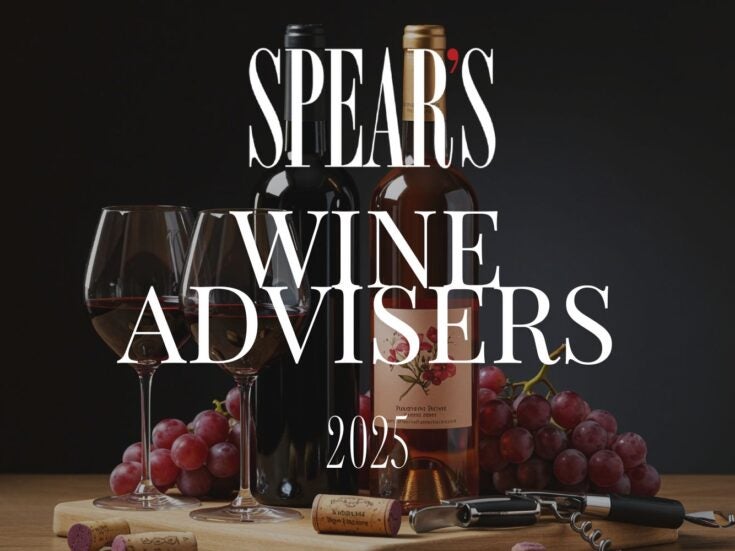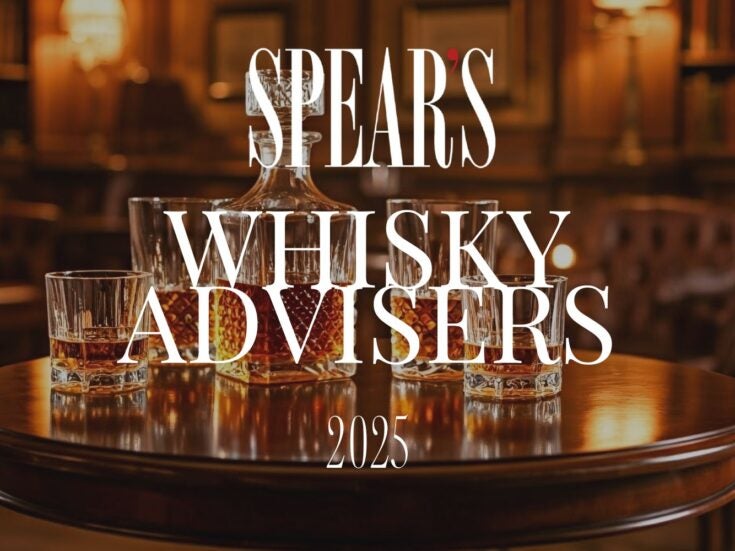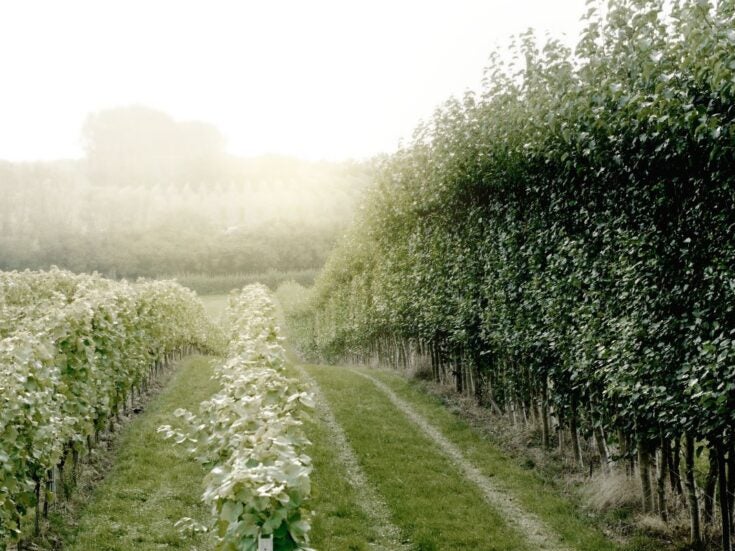
‘I think it is a great error to consider a heavy tax on wines as a tax on luxury. On the contrary, it is a tax on the health of our citizens.’ Thomas Jefferson
The first fine wine that I ever purchased was an en primeur case of 1995 Haut-Batailley. The price was £165 in bond and as an impoverished junior tax adviser it was a little bit more than I could afford. Back at the time the tax implications of buying and potentially reselling the wine never really occurred to me. This wine was undoubtedly going to be drunk, the first case of many that would keep me happy well into my dotage.
But how could I justify such an indulgence? Well I though it is not really expenditure; it is just transferring my assets from one form, money, into another, wine. I was merely diversifying my portfolio of investments. Therefore the expenditure was not an indulgence at all. It was shrewd financial investment, a philosophy that I have maintained ever since.
Interestingly wine has been a remarkably good investment record over the last fifteen years. LivEx, the Fine Wine Exchange’s benchmark 100 index, has risen from a rebased value of 100 in January 2004 to a peak of 364.69 in June 2011. It has since fallen to 257.69 in August 2012 as the economy has faltered and the Far Eastern market has withdrawn.
However this does nevertheless represent a healthy return and the index does not yet include the stellar 2009 and 2010 Bordeaux vintages which are only just arriving in the UK.
As the price of wine has risen it has attracted wine investors rather than just wine drinkers. It is now common practice for some people to buy several cases of each wine with a view to selling some of them at a price that will cover the cost of the others. So if you do feel the need to sell your prized case of 1982 Montrose or 1966 Warre’s Vintage Port what are the tax implications?
First the good news. HMRC regard most wine as ‘a wasting chattel’ and therefore exempt from capital gains tax. What do HMRC mean by a wasting chattel? Well it basically means that is it is tangible movable property and it has a predicted life, at the time of purchase, of less than 50 years.
So far so good, at least as far as the Montrose goes – but what about wines that will last more than 50 years such as Warre’s 1966 Vintage Port? By implication these would be taxable.
Not necessarily so. If the bottle is sold for less than £6,000 the gain will still be exempt from capital gains tax. This is because of the chattels exemption which allows all chattels whose sales proceeds are under £6,000 to be exempt from capital gains tax irrespective of how many of them you sell in the year. This does not mean however that a case can be split (or fragmented to use HMRC’s words) into twelve separate items and sold individually. HMRC will merge such sales together for valuation and capital gains tax purposes.
However, if neither the wasting chattels nor the chattels exemption applies then you are looking at a capital gains tax charge of up to 28 per cent dependent on your marginal income tax rate. This will only be applicable in a small number of situations and bear in mind that the predicted life rule applies from when the wine was acquired, not when it was produced.
It is also worth pointing out that if someone consistently buys and sells wine then he is likely to be accused of trading by HMRC. This means that he will be charged to income tax on any profits. This could result in an income tax charge of 45 per cent and possibly a national insurance charge as well. This is unlikely to be a problem for most people unless they are clearly purchasing with a view to selling. The mere periodic selling of excess wines will not be regarded as trading.
What
Let us now consider the position regarding inheritance tax should you pass away without having drunk your cellar dry (or perhaps in the attempt). This is an area in which there is a considerable amount of misinformation around. The correct inheritance tax position is that your wines will be valued at the date of death and it is that value that will form part of your estate for inheritance tax purposes.
There is at least major vendor and several advisers who are suggesting that purchase price is the basis for valuation for inheritance tax purposes. This is incorrect and HMRC have confirmed this.
As it happens, my case of 1995 Haut-Batailley has turned out to be pretty good buy: not from a financial point of view but from the perspective of the amount of pleasure that it has bestowed. I still have two bottles left from the case and the wine is still drinking beautifully.
So, for the true wine lovers among you for whom wine’s true value cannot be measured in monetary terms, keep your wine and enjoy it with friends and family. Then you will not have to worry about the tax implications of chattels, predicted life and whether you are trading. As Benjamin Franklin once commented, wine is constant proof that God loves us and wants to see us happy.
Geraint Jones is a private client partner at the accountancy firm Reeves
Don’t miss out on the best of Spear’s articles – sign up to the Spear’s weekly newsletter
[related_companies]





